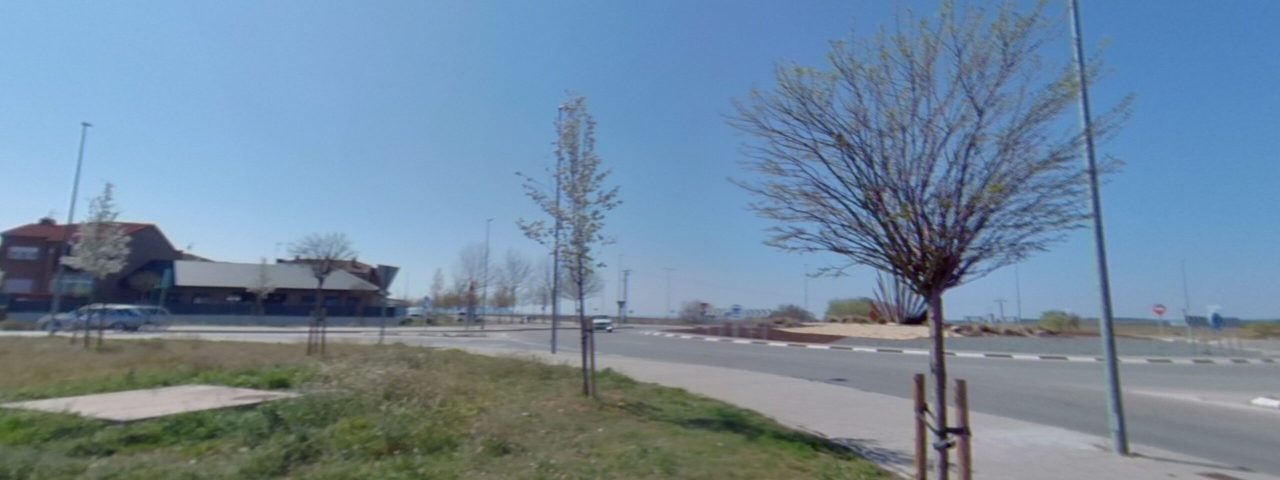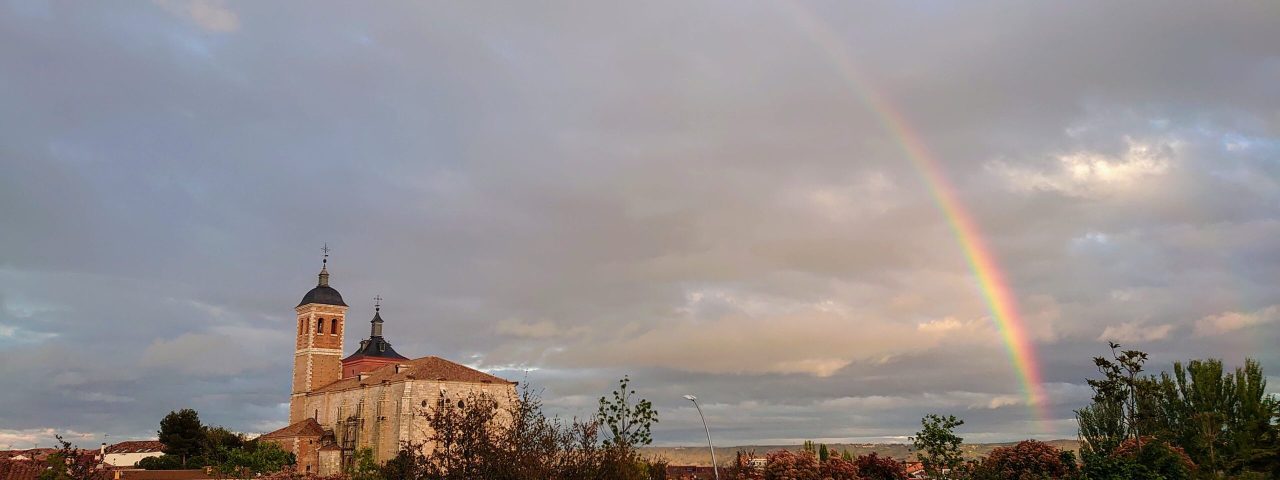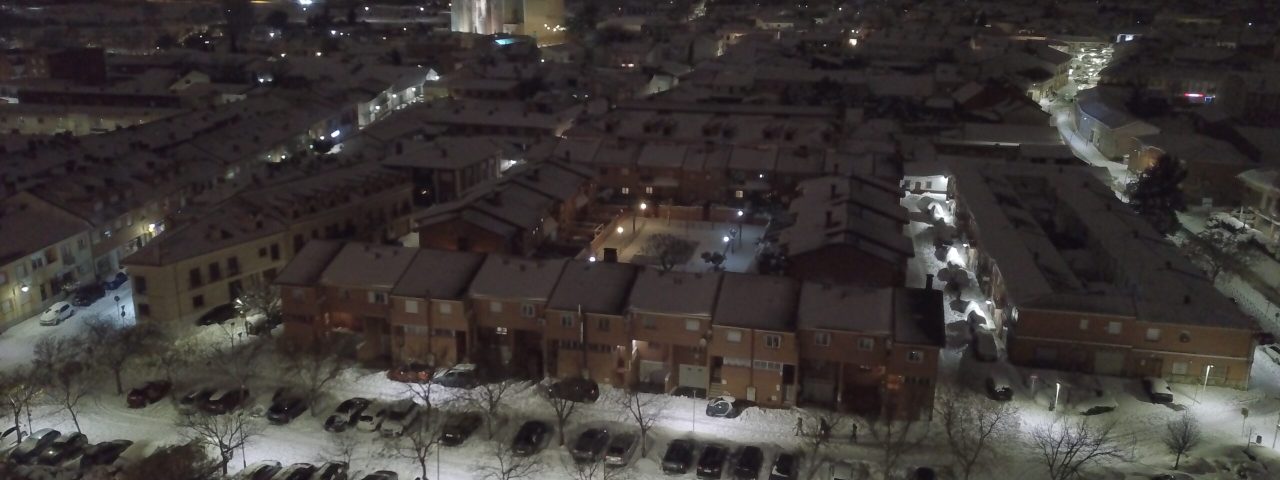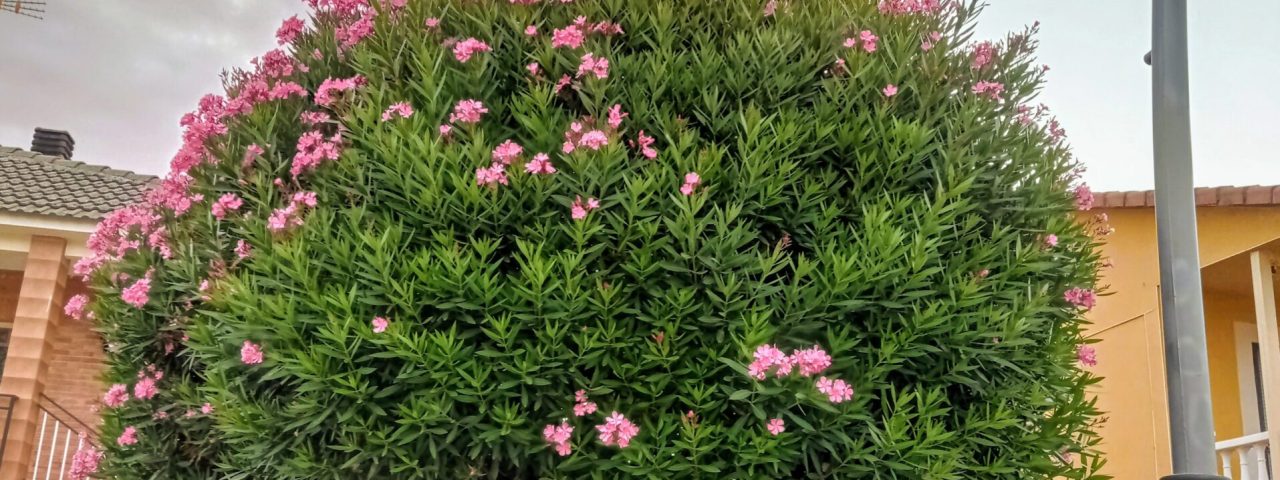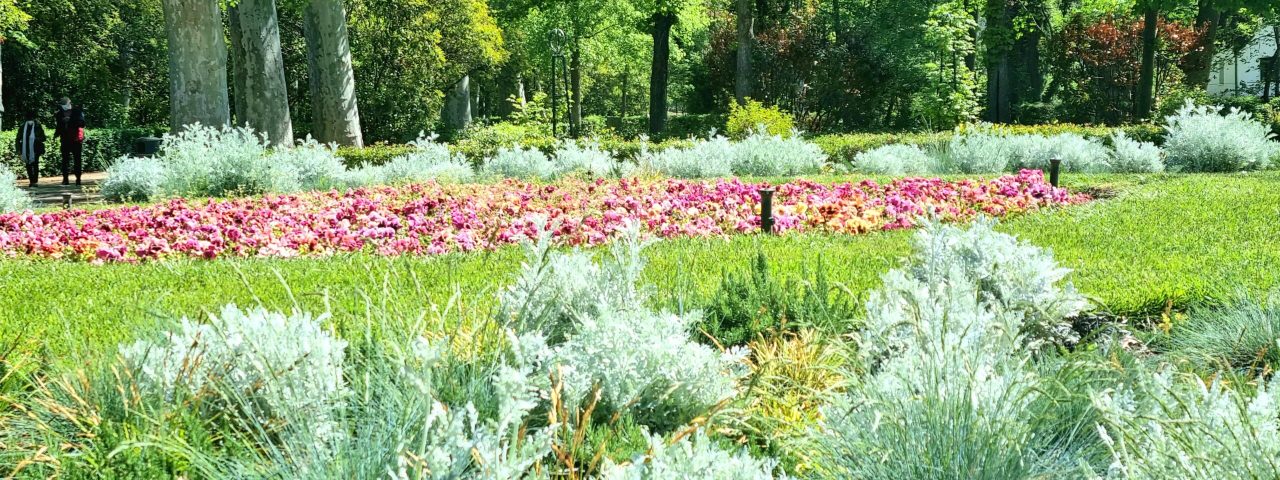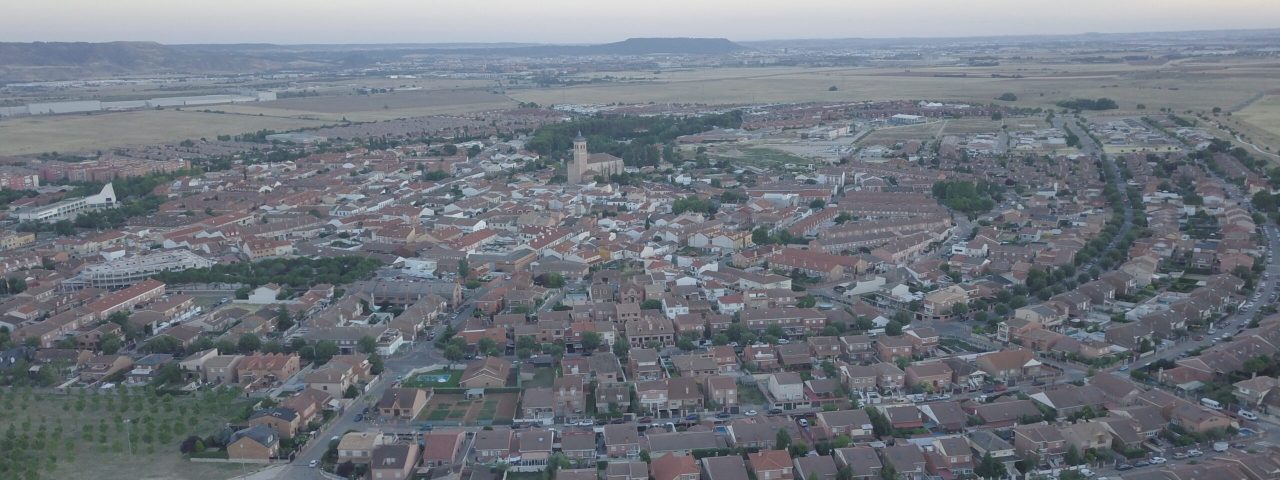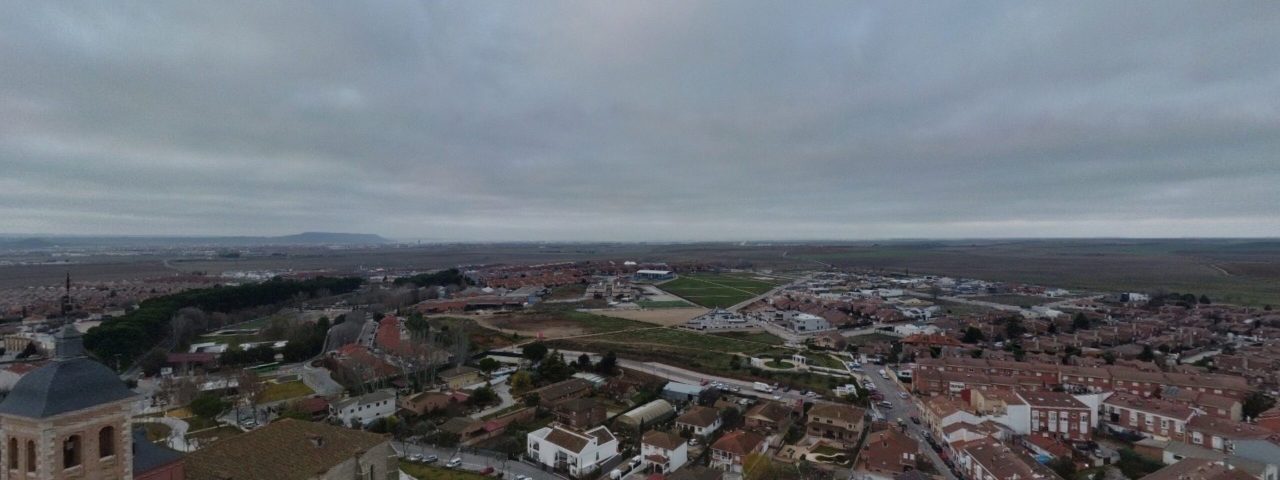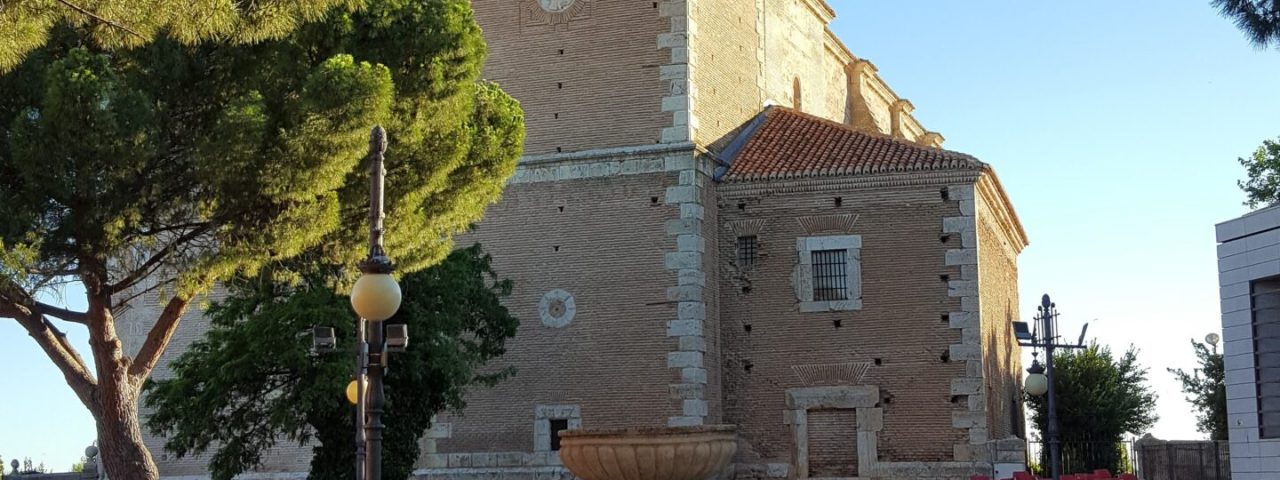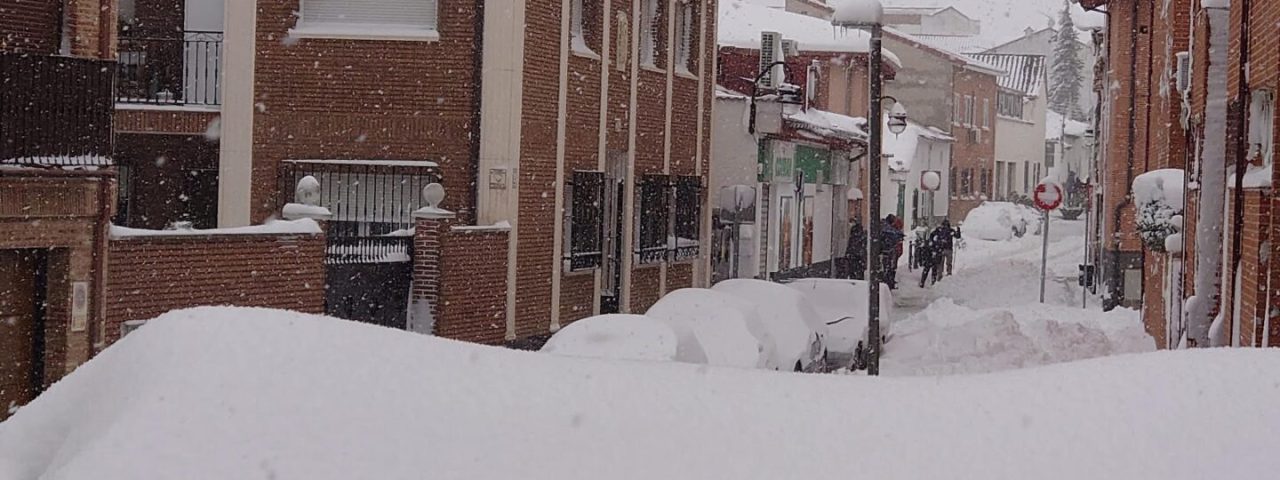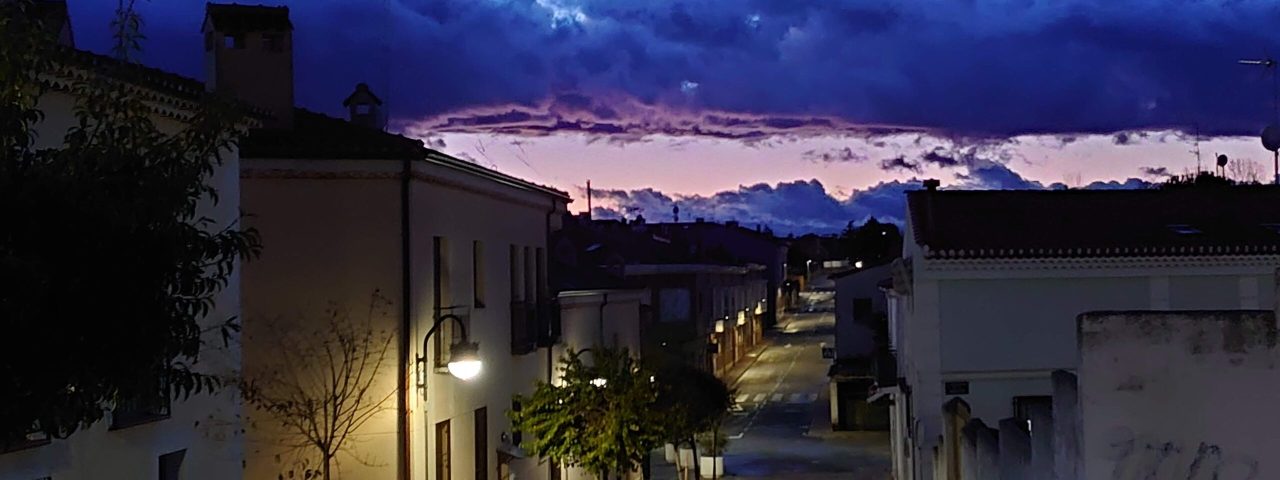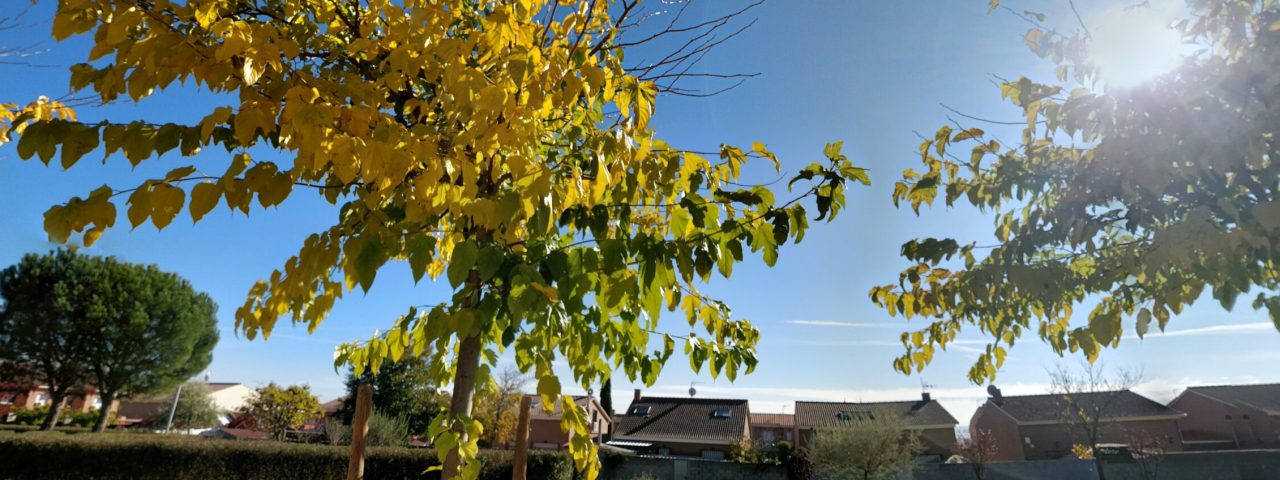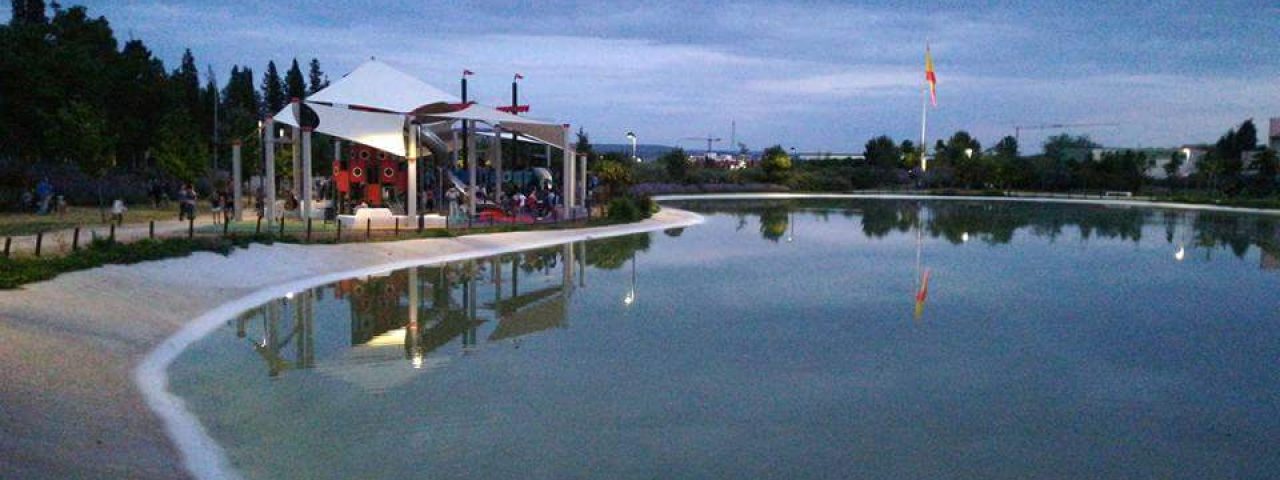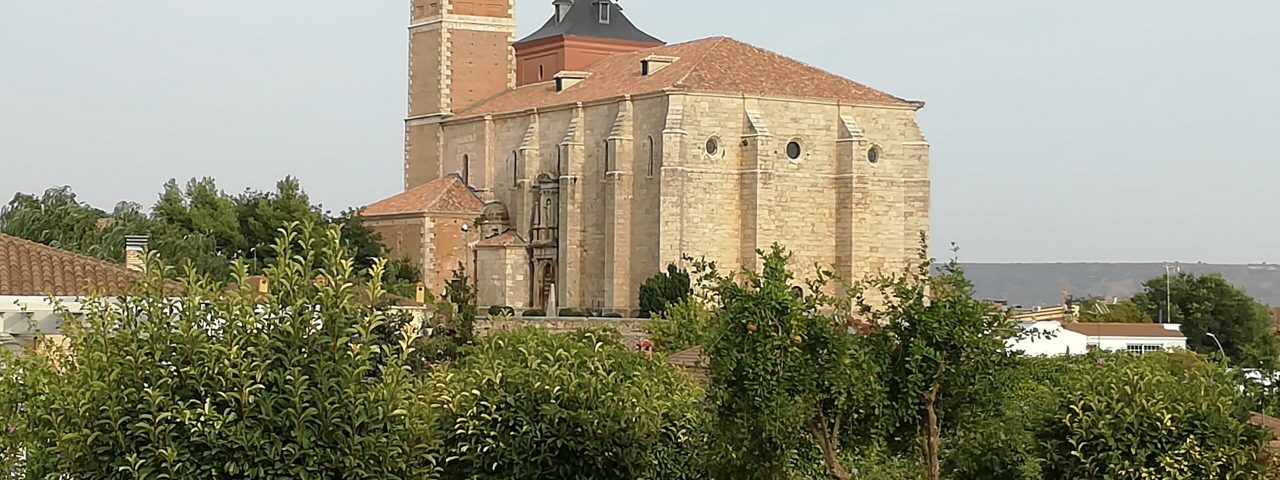Meco’s history dates back to Roman times, and like much of Spain, it has been influenced by various cultures, including the Visigoths, Moors, and Christians. The city’s name is believed to have derived from the Latin term “Mancus,” which means weak or lame, though the exact origin is still debated. During the medieval period, Meco became an important agricultural hub, and its historical roots can still be seen in the city’s architecture and layout.
The town has a strong cultural identity, with several traditions and festivals that celebrate its rich heritage. One of the most prominent events is the annual Fiesta de San Sebastián, held every January, which brings together locals for religious processions, music, and dance. The city also honors its agricultural past with the Festival de la Cosecha, a harvest festival that highlights local produce and customs.
Meco’s culture is deeply intertwined with the larger cultural fabric of the Madrid region, drawing influences from both rural traditions and metropolitan innovations. The city prides itself on maintaining a balance between preserving its history and embracing modernity, making it an attractive destination for visitors interested in Spanish culture.
